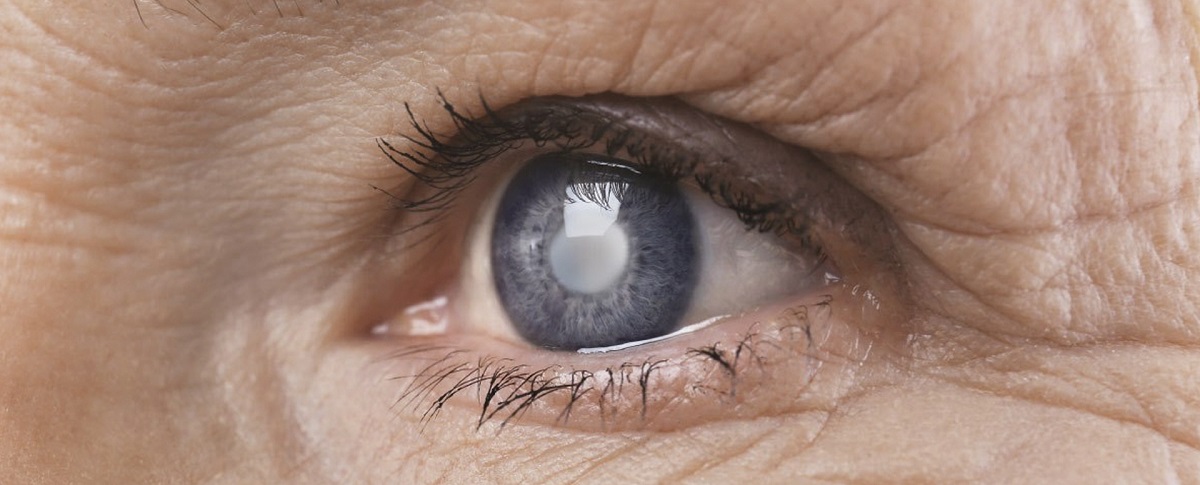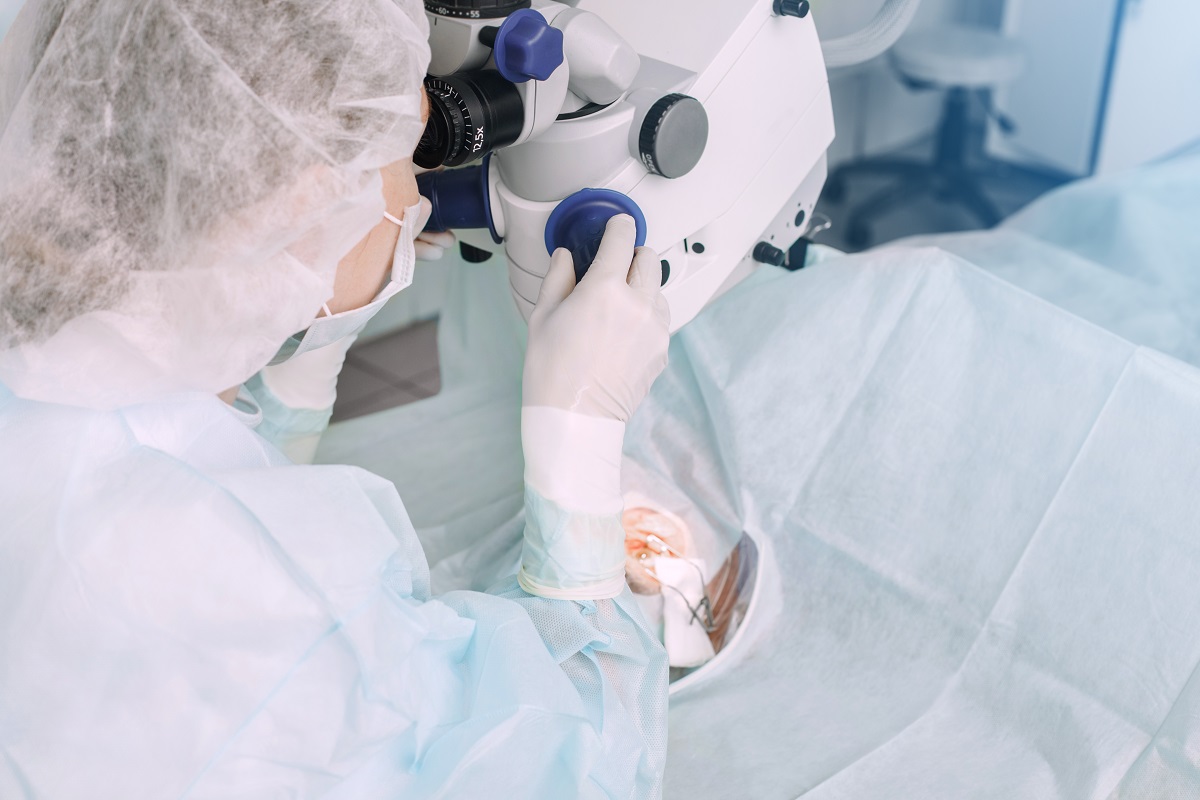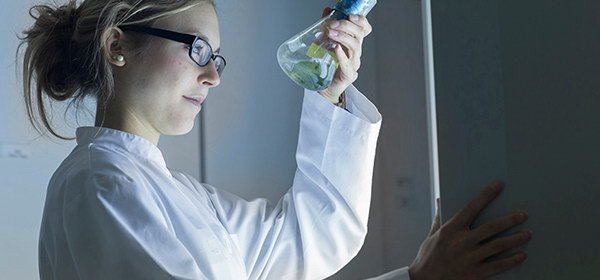Ophthalmology
Cataract Treatment in Torrevieja
The ophthalmology specialists at Quirónsalud Torrevieja Hospital explain what cataracts are: their causes, types, symptoms, and treatment.
Find out below:
What are cataracts?
Cataracts are opacities that form in the lens of the eye, the lens behind the iris. These opacities affect vision clarity by hindering the passage of light through the eye. Over time, cataracts can worsen if not properly treated.
Causes of cataracts, when do they appear?
Cataracts can be caused by a combination of factors affecting the health and composition of the lens, such as:
-
Aging: one of the most common factors is the natural aging process of the eye, where the lens becomes less flexible, thicker, and less transparent over time. This can result in the formation of opacities that hinder the passage of light through the eye, causing blurry vision and other visual problems associated with age-related cataracts.
-
Eye injuries such as blunt or penetrating trauma that damages the lens. Injuries can cause opacities in the lens that interfere with vision clarity.
-
Medical conditions can also contribute to the development of cataracts. For example, diabetes can lead to changes in sugar metabolism in the eye, which can affect the health of the lens and increase the risk of developing cataracts. Additionally, certain eye conditions such as glaucoma, uveitis, and high myopia can increase the risk of cataracts.
-
Prolonged use of certain medications, such as steroids, has also been associated with an increased risk of developing cataracts. These medications can affect the chemical composition of the lens and promote the formation of opacities.
-
Exposure to ultraviolet (UV) light can also play a role in the development of cataracts. Overexposure to UV light, especially without adequate eye protection, can damage lens cells and increase the risk of cataract formation.
Lastly, genetic and environmental factors can influence a person's predisposition to developing cataracts. Some individuals may have a higher genetic susceptibility to cataracts, while certain environmental factors such as smoking or exposure to air pollution may increase the risk of developing this eye condition.
Understanding these causes can help identify and address risk factors to prevent or delay the development of cataracts.

Types of cataracts: What is the most common cataract?
-
Posterior Subcapsular Cataracts: Arise at the back of the lens, specifically behind the posterior capsule.
-
Central Cataracts: Form in the nucleus of the lens, occupying the center of the eye structure.
-
Peripheral Cataracts: Develop in the cortex of the lens, in the outer zone of the lens.
-
Cataracts Associated with Metabolic Disorders: Linked to metabolic imbalances, such as diabetes, which impact eye health.
-
Congenital Cataracts: Present from birth or manifest during childhood due to genetic factors, intrauterine infections, or other environmental factors.
-
Age-Related Cataracts: Are the most common and occur as a result of the natural aging process of the lens.
-
Secondary Cataracts: Arise as a consequence of other eye or medical conditions, such as trauma or specific eye diseases.
-
Traumatic Cataracts: Develop as a direct result of an eye injury, such as a blow or an accident.
-
Drug-Induced Cataracts: Result from prolonged use of certain medications or exposure to toxic substances that affect lens health.
What are the symptoms of cataracts?
Symptoms may include:
-
Blurry or cloudy vision: Vision becomes blurry, like looking through a foggy window.
-
Difficulty seeing in low light: Problems seeing in the dark or in poorly lit rooms.
-
Sensitivity to glare: Discomfort when facing bright lights, such as the sun or car headlights.
-
Changes in color perception: Colors may appear faded or yellowish.
-
Frequent changes in prescription lenses: Need to frequently adjust prescription lenses to maintain clear vision.
-
Double vision in one eye: Seeing double or distorted images in one eye.
-
Difficulty with close tasks: Trouble reading, sewing, or other detailed close-up tasks.
These symptoms may develop gradually and vary from person to person. If you experience any, it's important to consult an ophthalmologist for proper diagnosis and treatment.

Cataract Surgery in Torrevieja
At Quirónsalud Torrevieja Hospital, we offer a personalized approach to cataract treatment. We have a team of highly trained specialists in cataract treatment in Torrevieja, committed to providing individualized and quality medical care for each patient.
Cataract Surgery
During surgery, the opaque lens is removed and replaced with an intraocular lens. It is a quick procedure, usually taking less than 30 minutes and performed under local anesthesia.
>>Postoperative
After surgery, it is normal to experience blurry vision, eye irritation, and sensitivity to light. These symptoms typically improve within a few days following the ophthalmologist's instructions, which may include the use of eye drops and avoiding strenuous activities.
>>Recovery
Most people experience significant improvement in their vision within a few days, but it may continue to improve for weeks as the eye adjusts to the new intraocular lens.
>>Normal Side Effects
Temporary side effects may include blurry vision, sensitivity to light, and a feeling of a foreign body in the eye. These symptoms usually improve over time during recovery.
At Quirónsalud Torrevieja Hospital, we offer personalized care for cataract treatment. We are committed to your visual health and well-being.
Price of Cataract Surgery in Torrevieja
The price may vary depending on different factors. The specialist will provide this information after evaluating your situation on a personalized basis.
Specialists in Cataracts in Torrevieja
Do you have any questions? We are here to help, consult with us through the form, and we will respond as soon as possible.
Hospital Quirónsalud Torrevieja
© 2026 Quirónsalud - Todos los derechos reservados






















